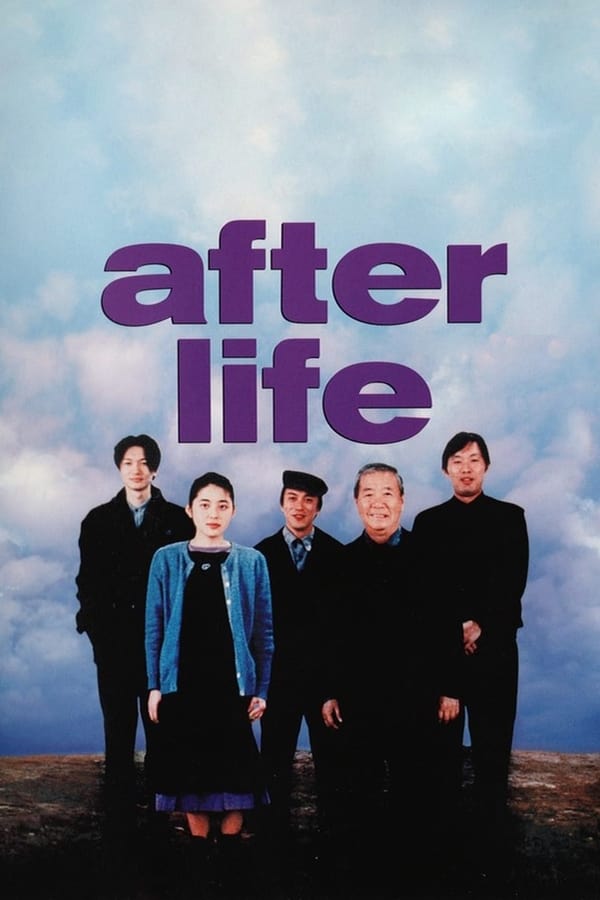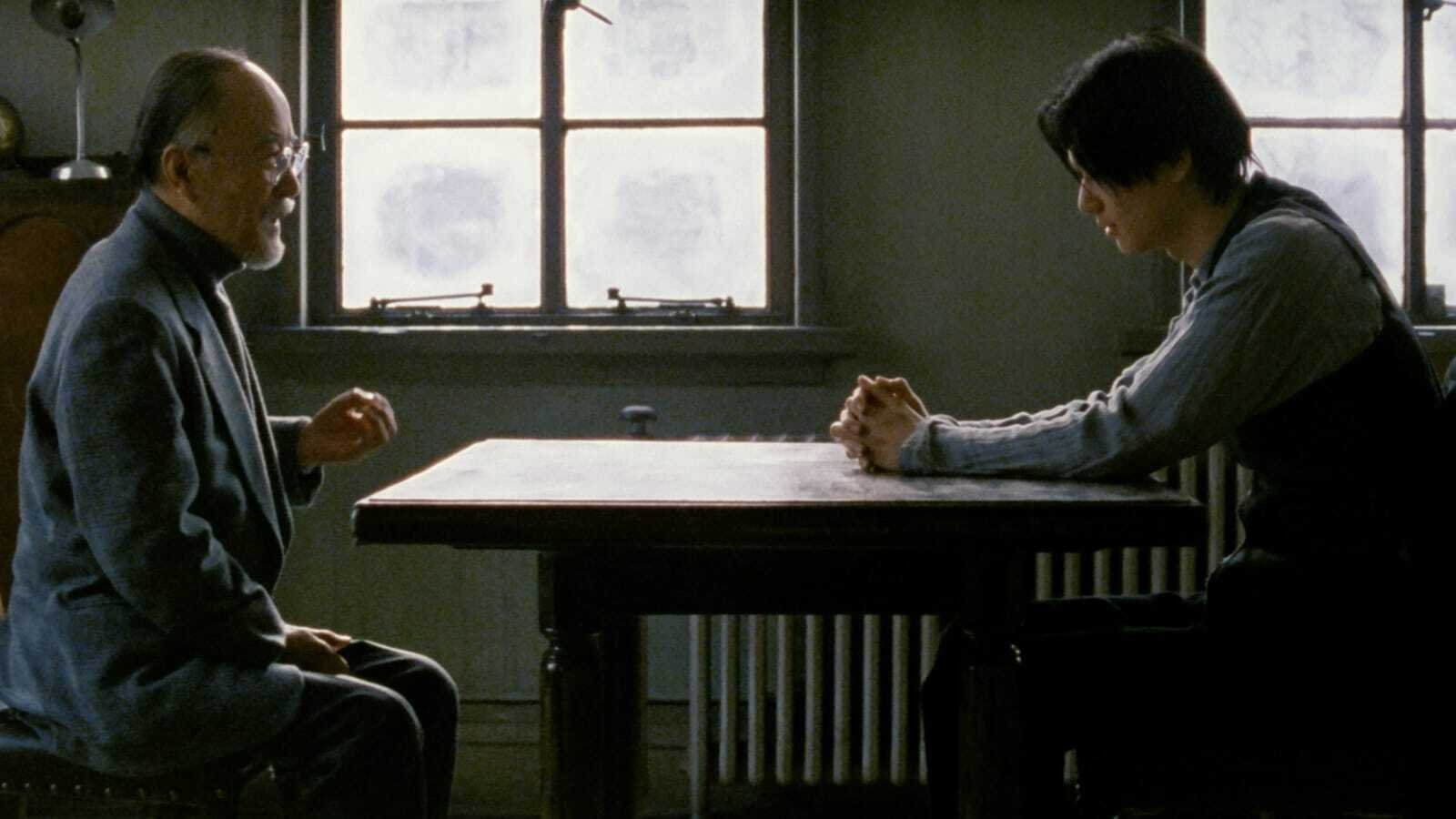ワンダフルライフ
Directed by Koreeda Hirokazu and released on September 11, 1998, envisions a unique liminal space where the recently departed confront profound truths about life, memory, and legacy. This way, the station serves as a serene, otherworldly purgatory where each individual must select a single memory from their life to carry into eternity. This chosen moment will be recreated on film by a dedicated team of staff, a process that becomes a transformative experience for both the deceased and their guides.
My Opinion
The film intricately weaves personal narratives, reflecting Koreeda's deep interest in exploring the human condition. As the deceased sift through their memories, some struggle to decide on a single moment, uncovering buried regrets or joys. Their guides, tasked with recreating these memories on film, are not merely passive facilitators; they, too, are haunted by their unresolved pasts and are quietly wrestling with the implications of their roles in this metaphysical bureaucracy.
Koreeda’s masterful direction brings a documentary-like realism to the storytelling. Many of the memories shared by the deceased are drawn from interviews with real people, adding authenticity and emotional depth. Filming the chosen memories—crafted with deliberately simple, handmade techniques—emphasizes the fragility and beauty of human experience, showcasing how the essence of life is found in small, deeply personal moments.Thematically, After Life delves into questions of what defines a meaningful existence. It challenges viewers to reflect on their own lives: What moments would they choose to preserve forever? It also meditates on the nature of memory itself—how it shapes identity and connects us to the world and others.
Through its understated yet profound narrative, After Life transcends cultural boundaries, offering a universal meditation on life, death, and the timeless power of memory.
Watch the Trailer
Password: [highlight-green]j05azija.blogspot.com[/highlight-green]
[d alt="BH"] https://ouo.io/mGIG0zR https://ouo.io/6GWvbwN https://ouo.io/Y0L9B https://ouo.io/4609vBB https://ouo.io/CYiHwPQ https://ouo.io/6yTn17 https://ouo.io/jkjt7C[/d] [d alt="NF"] https://nitroflare.com/view/711069666B279A1/-_After_Life__1998_.part1.rar https://nitroflare.com/view/B71CBB6610AD362/-_After_Life__1998_.part2.rar https://nitroflare.com/view/03640731B14E1B9/-_After_Life__1998_.part3.rar https://nitroflare.com/view/74E387B85E8D249/-_After_Life__1998_.part4.rar https://nitroflare.com/view/E22C9F643FBCFF6/-_After_Life__1998_.part5.rar https://nitroflare.com/view/D3EDA355097DC0D/-_After_Life__1998_.part6.rar https://nitroflare.com/view/78E3A0541CFBB39/-_After_Life__1998_.part7.rar [/d] [d alt="RG"] https://rapidgator.net/file/f6fbdb102cfb293d8b551c3395ec5f21/ワンダフルライフ_-_After_Life_[1998].part7.rar.html https://rapidgator.net/file/1d5c9b43f4cadda00314193091f46a8f/ワンダフルライフ_-_After_Life_[1998].part1.rar.html https://rapidgator.net/file/6c100aef61828b0b738a1ce8c1499da6/ワンダフルライフ_-_After_Life_[1998].part4.rar.html https://rapidgator.net/file/e477dadda0dbbae87a9461db5aad3856/ワンダフルライフ_-_After_Life_[1998].part5.rar.html https://rapidgator.net/file/271eed9654e7ae79211bc1567c547df1/ワンダフルライフ_-_After_Life_[1998].part3.rar.html https://rapidgator.net/file/1a0f849db0ac228d60693e10cbc6ed69/ワンダフルライフ_-_After_Life_[1998].part2.rar.html https://rapidgator.net/file/a6192c464ffe3ff873221e7d03e3ddfd/ワンダフルライフ_-_After_Life_[1998].part6.rar.html [/d]

